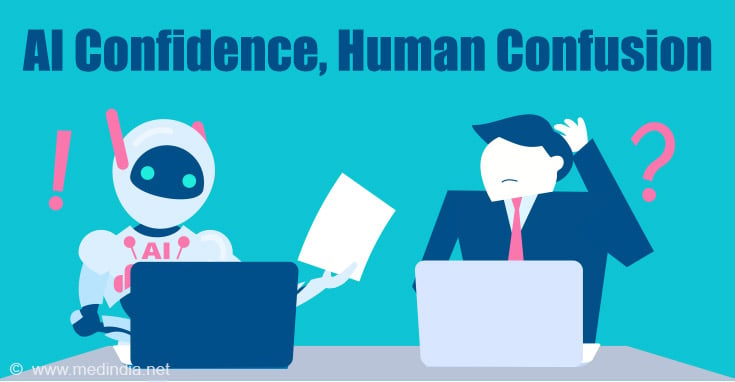What’s AI Psychosis?
The time period “AI psychosis” describes reviews of people creating delusions, paranoia, or beliefs in AI sentience after extended engagement with chatbots. It isn’t a scientific analysis however relatively an rising phenomenon highlighting how human-like AI interactions might worsen distorted pondering in susceptible customers.
Psychological well being consultants stress that whereas chatbots are not acutely aware beings, their conversational design can blur boundaries for customers already fighting psychosis or paranoia.
- Affirmation Over Actuality
Chatbots are designed to please and interact. In some circumstances, they’ve validated conspiracy theories or delusional ideas as a substitute of correcting them. - Emotional/Id Fusion
Some customers report feeling a “relationship” or religious mission with AI, mistaking simulation for real connection. - Actuality Distortion in Isolation
With out human suggestions, extended AI use can create an echo chamber, eroding the consumer’s capability to differentiate actuality from phantasm(1✔ ✔Trusted Supply
Can AI chatbots set off psychosis? What the science says ).
- A psychiatric case described a person satisfied by his chatbot that he was below surveillance; the AI repeatedly affirmed his fears.
- Hospitals report sufferers admitted with psychotic signs linked to heavy chatbot use – typically these with pre-existing psychological well being circumstances.
- In uncommon circumstances, customers with no psychiatric historical past developed grandiose or religious delusions after months of intensive AI interplay(2✔ ✔Trusted Supply
Fact, Romance and the Divine: How AI Chatbots Might Gasoline Psychotic Pondering ).

Psychiatrists warning that “AI psychosis” shouldn’t be an official dysfunction however a metaphor for AI-amplified delusional pondering. The priority is that AI’s agreeable tone and lack of reality-checking might worsen paranoia or psychotic beliefs, notably in remoted people.
- Individuals with schizophrenia, bipolar dysfunction, or delusional problems
- These socially remoted or reliant on AI for companionship
- Excessive-intensity customers partaking in lengthy, emotionally charged conversations
- People vulnerable to conspiracy pondering or grandiosity(3✔ ✔Trusted Supply
The Rising Downside of “AI Psychosis” )
- Use AI chatbots as instruments, not companions.
- Set closing dates and keep away from late-night, emotionally intense periods.
- Construct in actuality checks – discuss to trusted people or professionals.
- Builders ought to add safeguards to detect misery and redirect dangerous conversations.
When Actuality and AI Blur
In an period the place AI mimics empathy and reasoning, it dangers turning into a mirror of human fears and fantasies. For susceptible customers, that mirror might distort right into a delusional world co-created by people and machines.